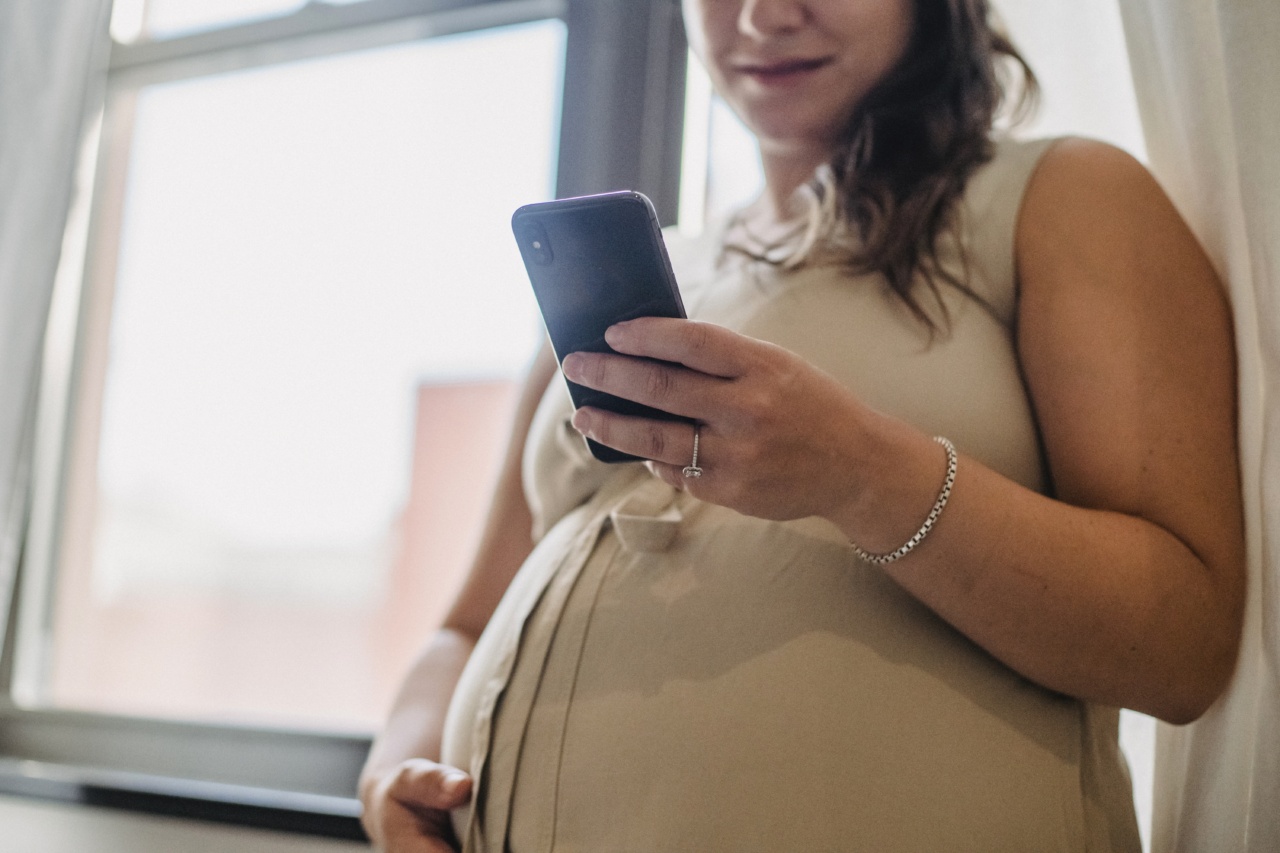Are you experiencing some unusual changes in your body? Do you feel like something is different? A possible reason could be that you’re pregnant.
While the only surefire way to confirm pregnancy is through a pregnancy test or a visit to your doctor, there are some signs that can let you know if you could be pregnant. Below are some of the most common symptoms of pregnancy that can help you determine whether you should take a test or see your doctor for confirmation.
1. Missed Period
One of the primary signs of pregnancy is a missed period. If you have a regular menstrual cycle, missing one or more periods could indicate pregnancy.
It’s essential to note that some women can experience light bleeding or spotting during their pregnancy, so it’s best to still take a test to confirm.
2. Tender Breasts
When you’re pregnant, your hormones go into overdrive, and one of the areas they impact is your breasts. Sore, tender, swollen, or sensitive breasts are some of the most common symptoms that women experience during early pregnancy.
Your breasts may also be sore to the touch or feel heavy.
3. Fatigue
Feeling drained and more tired than usual could indicate pregnancy. Early on in pregnancy, your body produces more progesterone, a hormone that can make you feel very sleepy.
4. Nausea or Vomiting
It’s no secret that morning sickness is one of the most prevalent symptoms experienced during pregnancy. Nausea and vomiting, often in the morning, but it can also occur throughout the day is a common experience in early pregnancy.
It’s best to talk to your doctor if you’re struggling with morning sickness, so they can help you find ways to manage it.
5. Frequent Urination
It’s common to feel like you’re running to the bathroom more often than usual when you’re pregnant. This frequency occurs because the placenta produces a hormone that increases blood flow to your kidneys, causing your bladder to fill-up swiftly.
6. Mood Swings
Due to hormone changes, it’s common to experience mood swings during pregnancy. You may feel more emotional or irritable than usual. If your mood changes significantly affect your everyday life, it’s best to talk to your doctor.
7. Cramping
Mild cramping is very common in early pregnancy. It occurs when the uterus is stretching and adapting to accommodate the development of your baby. Be sure to talk to your doctor if the cramping becomes severe or if it’s accompanied by bleeding.
8. Food Cravings or Aversions
Craving certain types of food or lacking appetite for the foods you typically love—both of these are signs of pregnancy. It’s also common to develop an aversion to certain smells or foods.
However, these changes can also result from other causes, such as stress, so it’s best to take a test to confirm.
9. Elevated Basal Body Temperature
If you’re trying to conceive or tracking your fertility, taking your basal body temperature (BBT) every day can help determine ovulation.
A pregnacy sign could be an elevated BBT for 18 days or more after you ovulate, indicating you could have a bun in the oven.
10. Backaches
Many women experience backaches, especially during the early stages of pregnancy, as the ligaments and muscles in their lower back begin to loosen and shift to accommodate their growing baby.
If you’re experiencing these symptoms and believe pregnancy could be a possibility, it’s best to take a pregnancy test or visit a doctor for confirmation.
Remember too that every pregnancy is different, and some women may not experience any of the above signs and symptoms.






























